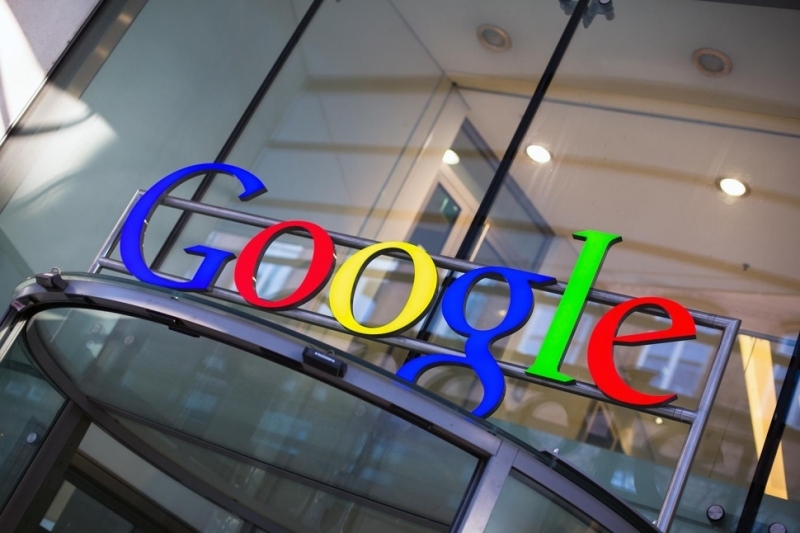Google has issued a 130-page response to the European Union's claims that the company engaged in monopolistic practices. The world's most popular search engine says the possibility of a fine as high as $6.6 billion would be inappropriate because of the unusual nature of the case, the fact the EU was willing to settle the case with concessions last year and, most importantly, Google can't take advantage of its customers because it offers a free service.
Earlier this year, EU antitrust regulators accused Google of, amongst other things, manipulating search results in order to promote its own comparison shopping services when users were searching for things to buy. A big part of Google's defence rests on a technicality: the fact it doesn't charge users and therefore no trading relationship exists.
"The [EU's] objections fails to take proper account of the fact that search is provided for free," says Google's document. "A finding of abuse of dominance requires a 'trading relationship' as confirmed by consistent case law. No trading relationship exists between Google and its users."
The EU had tried to settle with Google on three previous occasions, and even said that the third settlement proposal in January 2014 was "capable of addressing [the EU's] competition concerns." But it changed its mind in September of the same year, claiming that the settlement wasn't sufficient and that Google should offer more.
"If the Commission decides to end the commitment process it must therefore provide reasons for the change in position," the document says. It argues that the EU "has not provided substantiated reasons as to why it found the January 2014 commitments insufficient," reports the Wall Street Journal.
Google says that the EU is demanding that it "sacrifice quality to subsidize competitors." The EU claims, however, that the opposite is true, and that Google pushed its own services ahead of better quality alternatives.
It could take another year or more before the EU makes a decision in the case, and it's likely that Google will challenge it in the appeals courts - a process that could take more than five years. Both parties have declined to comment.
